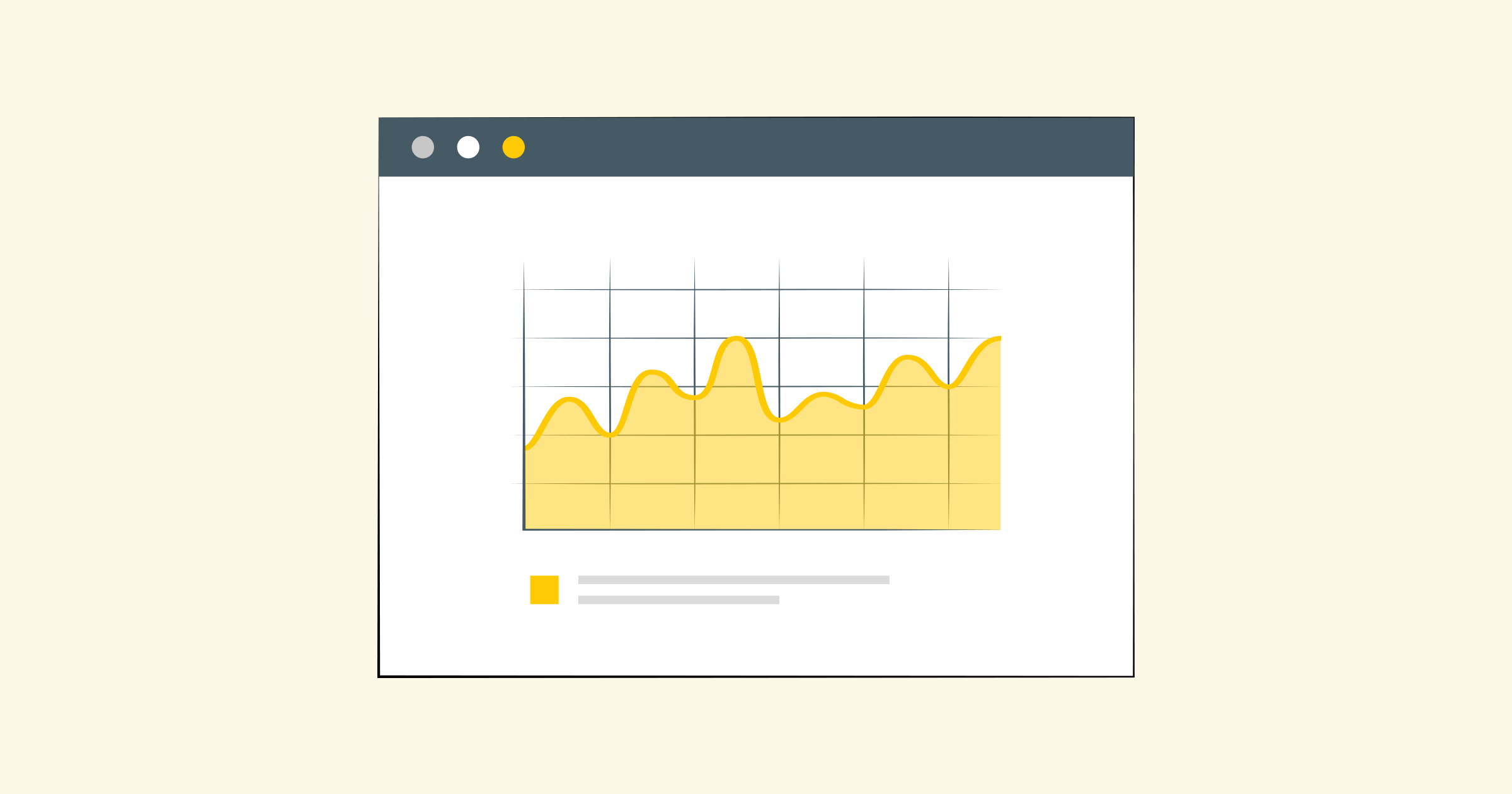Proxy: What does it mean and why is it important for SEO?
Proxy servers play a crucial role in the world of search engine optimization (SEO). They act as intermediaries between users and websites, enabling secure and anonymous internet browsing. In this blog post, we will explore what a proxy means, how it functions, and why it is important for SEO.
What is a proxy?
In simple terms, a proxy server is a server that acts as a 'middleman' between the user and the internet. It serves as an intermediary for requests from clients (users) seeking resources from other servers (websites). When a user makes a request through a proxy server, the proxy server retrieves the requested information and relays it back to the user, hiding the user's true identity in the process.
How does a proxy work?
When a user connects to the internet through a proxy server, their web traffic is routed through the proxy server before reaching the intended website. This means that the website being accessed sees the IP address of the proxy server rather than the IP address of the user.
There are several types of proxies available, including:
1. Residential Proxies: These proxies use IP addresses provided by Internet Service Providers (ISPs) to mimic real user activity. They are helpful for tasks like web scraping and SEO monitoring.
2. Datacenter Proxies: These proxies use IP addresses from data centers that are not associated with any particular ISP. They are commonly used for tasks that require high-speed and high-volume data scraping, such as automated SEO tasks.
3. Reverse Proxies: These proxies are usually managed by website owners and are used to improve performance, security, and scalability.
Why are proxies important for SEO?
1. Anonymity: Proxies enable SEO professionals to conduct research and competitor analysis without revealing their identity. By masking their IP addresses with a proxy server, SEO experts can gather insights, monitor rankings, and analyze competitor strategies without raising any red flags.
2. Geolocation: Proxies allow users to access websites from different locations around the world. This is particularly useful for SEO professionals who need to view search engine results pages (SERPs) from specific geographical locations. They can simulate a user's location to understand localized search results and tailor their SEO strategies accordingly.
3. Web Scraping: Proxies are essential for web scraping, a technique used to extract data from websites. By rotating their IP addresses through proxies, SEO professionals can scrape large amounts of data without being detected or blocked by websites. This data can then be used to analyze keywords, track rankings, and monitor online sentiment.
4. SERP Monitoring: Proxies facilitate SERP monitoring by allowing SEO professionals to automate the collection of search engine results. By using proxies with rotating IP addresses, SEO experts can gather accurate and comprehensive data on keyword rankings, organic traffic, and competitor performance.
5. Security: Proxies provide an additional layer of security for SEO professionals. By using a proxy server, they can protect their devices and networks from potential cyber threats, such as malware and hacking attempts.
In conclusion, proxies are a vital tool for SEO professionals. They offer anonymity, geolocation flexibility, and web scraping capabilities, making them indispensable for tasks such as competitor analysis, SERP monitoring, and keyword research. Moreover, proxies provide an added layer of security to safeguard against potential cyber threats. Incorporating proxies into your SEO strategy can enhance your overall performance and help achieve better results in the ever-competitive digital landscape.





























